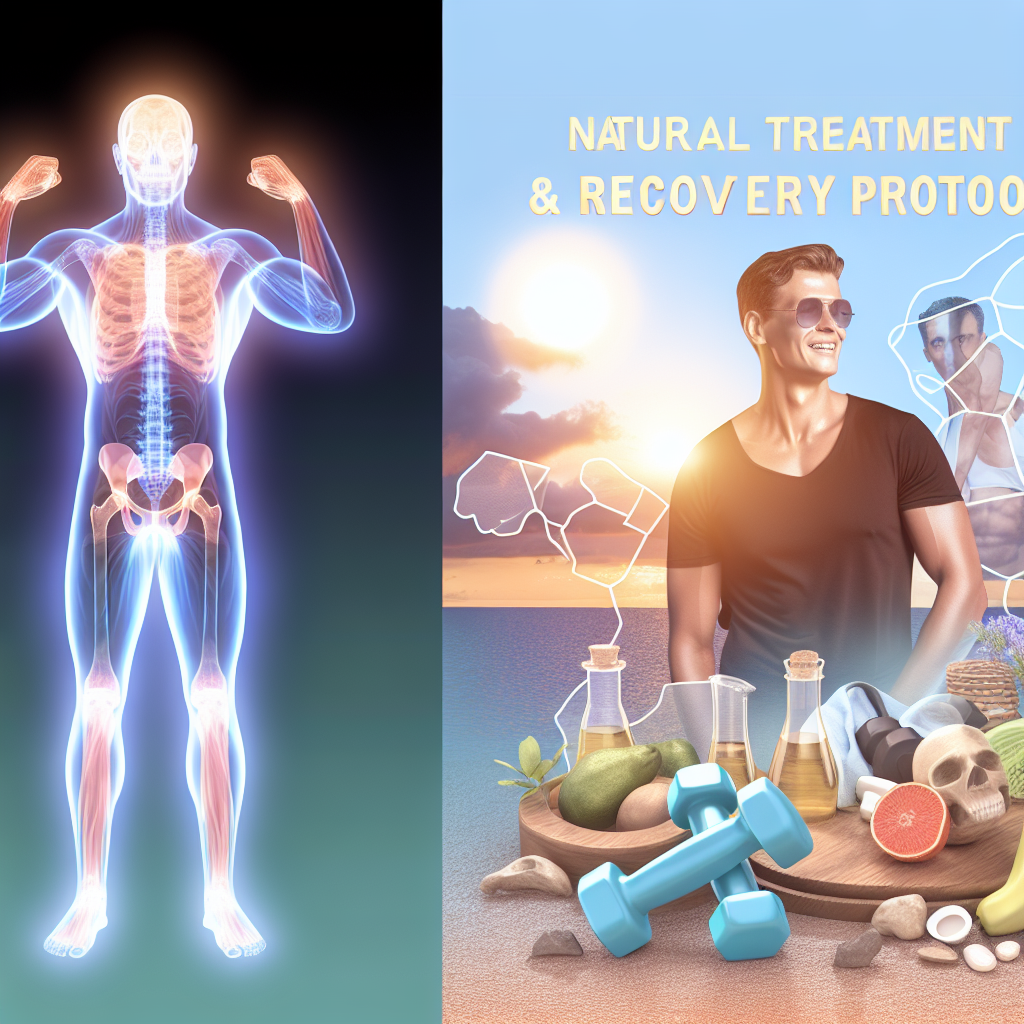Alternative PE Treatments: Evidence Review
Introduction
Premature ejaculation (PE) is one of the most common sexual dysfunctions among men, impacting their confidence, relationships, and overall well-being. While conventional treatments such as selective serotonin reuptake inhibitors (SSRIs), topical anesthetics, and behavioral therapies have been widely used, many men seek alternative approaches due to concerns over side effects, accessibility, or personal preferences.
Alternative treatments for PE include natural supplements, pelvic floor exercises, acupuncture, mindfulness practices, and even diet modifications. Interest in these alternative treatments has increased, prompting researchers to investigate their effectiveness and safety. Some men favor these methods due to their non-invasive nature and potential for long-term benefits without the risks of pharmaceutical dependency or adverse effects.
Natural and Effective Alternatives to Treat PE
1. Strengthen Control with Pelvic Floor Muscle Training (PFMT)
Pelvic floor exercises, commonly known as Kegel exercises, have gained recognition as a non-invasive treatment for PE. A study published in *Therapeutic Advances in Urology* demonstrated that a 12-week pelvic floor muscle training program significantly improved ejaculation control in men with lifelong PE, with 75% of participants reporting improved latency time [[1]](https://journals.sagepub.com/doi/10.1177/1756287218777439). Strengthening the pelvic floor muscles helps men regulate involuntary contractions, enhancing their ability to delay ejaculation.
2. Improve Ejaculatory Control with Acupuncture
Acupuncture, a traditional Chinese medical practice, has been explored as a treatment for PE due to its role in balancing the body’s energy flow (Qi). A randomized controlled trial published in the *Journal of Alternative and Complementary Medicine* found that men who received acupuncture experienced significant improvements in ejaculatory latency time compared to a placebo group [[2]](https://www.liebertpub.com/doi/10.1089/acm.2016.0294). Researchers suggest that acupuncture may modulate neurotransmitters that influence ejaculation.
3. Manage Anxiety-Driven PE with Mindfulness and Cognitive Behavioral Therapy (CBT)
Psychological stress and performance anxiety often play a critical role in PE. Mindfulness and CBT techniques have gained attention for their ability to increase ejaculatory control. A study in *The Journal of Sexual Medicine* examined men with PE who underwent an 8-week mindfulness program and reported significantly reduced PE-related distress and improved control over ejaculation [[3]](https://www.jsm.jsexmed.org/article/S1743-6095(15)30176-4/fulltext).
4. Boost Sexual Health with Dietary Supplements and Herbal Remedies
Several natural supplements have been investigated for their efficacy in treating PE:
– Panax Ginseng: Known for its adaptogenic properties, Panax ginseng has been studied as a potential treatment due to its ability to improve serotonin regulation and sexual stamina. A meta-analysis published in *BMC Complementary Medicine and Therapies* found that Panax ginseng supplementation significantly improved ejaculatory latency time compared to a placebo [[4]](https://bmccomplementmedtherapies.biomedcentral.com/articles/10.1186/s12906-019-2439-6).
– L-Citrulline: This amino acid enhances nitric oxide production, leading to improved blood circulation and erectile function. Though primarily researched for erectile dysfunction, some studies suggest it may also contribute to better ejaculatory control [[5]](https://www.nature.com/articles/ijir201517).
– Maca Root: Traditionally used to enhance libido and stamina, studies indicate that maca root may support reproductive health and improve control over ejaculation [[6]](https://www.ncbi.nlm.nih.gov/pmc/articles/PMC3184420/).
5. Behavioral Techniques: Stop-Start and Squeeze Methods
Non-pharmaceutical behavioral approaches such as the *stop-start* and *squeeze* techniques have been well-documented as effective methods for delaying ejaculation. These techniques involve pausing stimulation or applying pressure to the penile shaft to decrease arousal levels. A clinical review in *Sexual Medicine Reviews* affirmed the effectiveness of these methods, especially when combined with mindfulness exercises [[7]](https://www.sciencedirect.com/science/article/pii/S2050052115000323).
Conclusion: Finding the Best Alternative PE Treatment for You
Alternative treatments for premature ejaculation provide promising solutions for men seeking non-pharmacological options. From pelvic floor exercises to acupuncture, mindfulness training, and natural supplements, research supports the effectiveness of various alternative therapies. While conventional medications such as SSRIs are effective, they often come with side effects that may not be ideal for every individual.
Men experiencing PE should consider a holistic approach, integrating evidence-based alternative treatments tailored to their specific needs. Since sexual health is a crucial aspect of overall well-being, consulting with healthcare professionals before trying new treatments is highly recommended. Continued research in this field will further solidify the role of alternative treatments in helping men achieve better ejaculatory control and an improved quality of life.
Summary:
Alternative treatments for premature ejaculation, such as pelvic floor exercises, acupuncture, mindfulness practices, and natural supplements, provide promising solutions for men seeking non-pharmacological options. Research supports the effectiveness of these therapies in improving ejaculatory control and overall sexual health. Men should consider a holistic approach, integrating evidence-based alternative treatments tailored to their specific needs, while consulting with healthcare professionals to find the best solution.

Dominic E. is a passionate filmmaker navigating the exciting intersection of art and science. By day, he delves into the complexities of the human body as a full-time medical writer, meticulously translating intricate medical concepts into accessible and engaging narratives. By night, he explores the boundless realm of cinematic storytelling, crafting narratives that evoke emotion and challenge perspectives. Film Student and Full-time Medical Writer for ContentVendor.com




